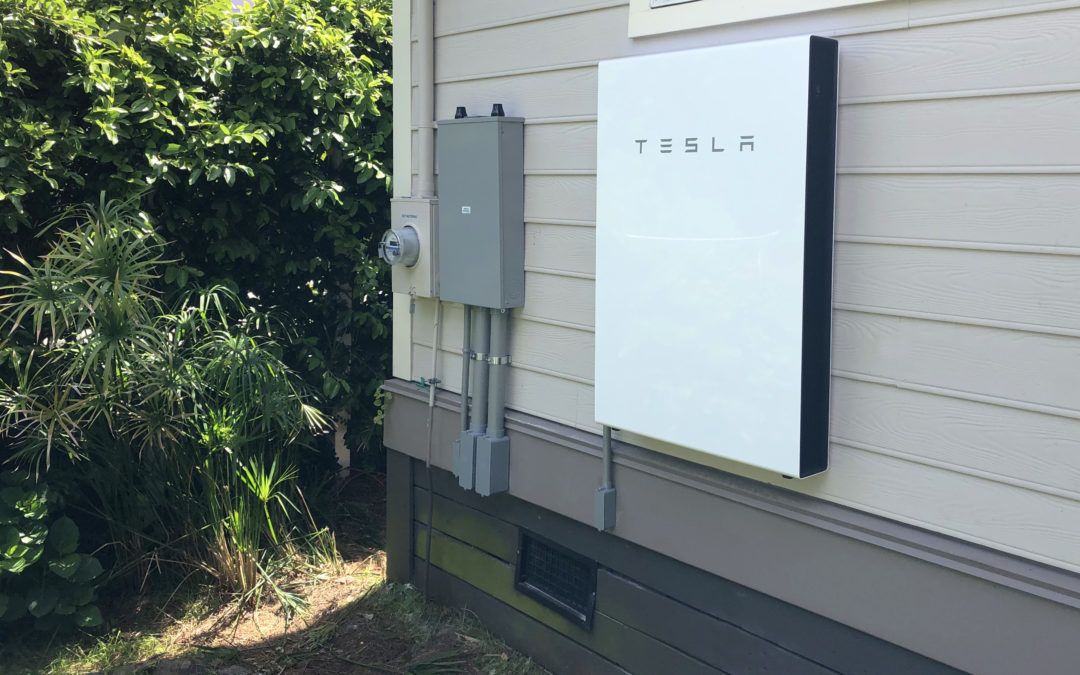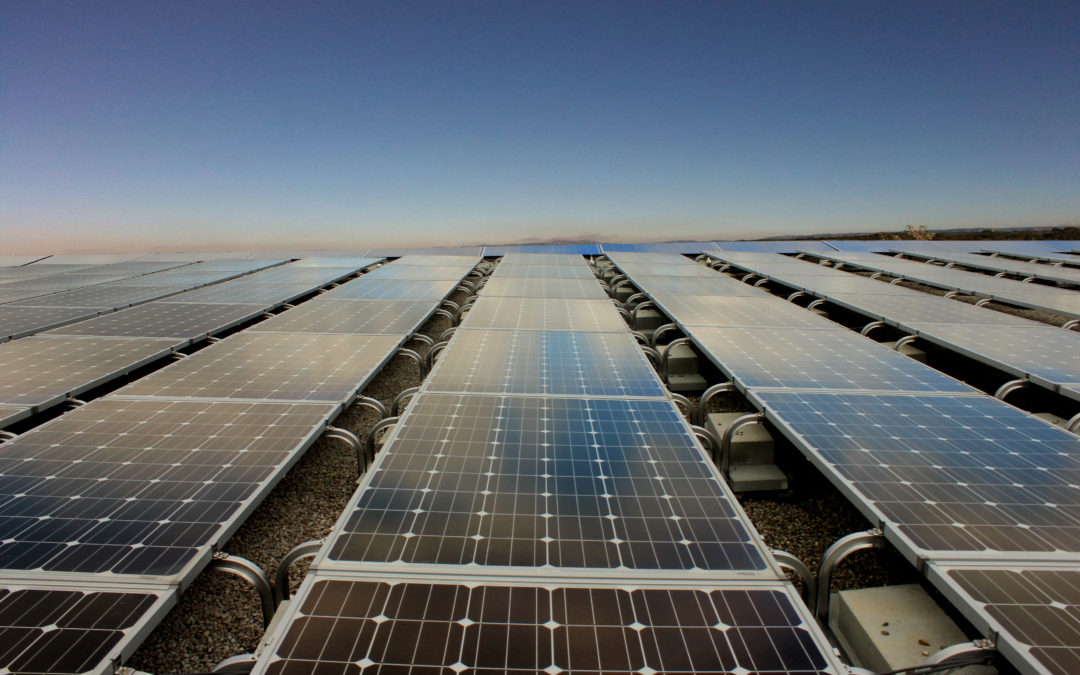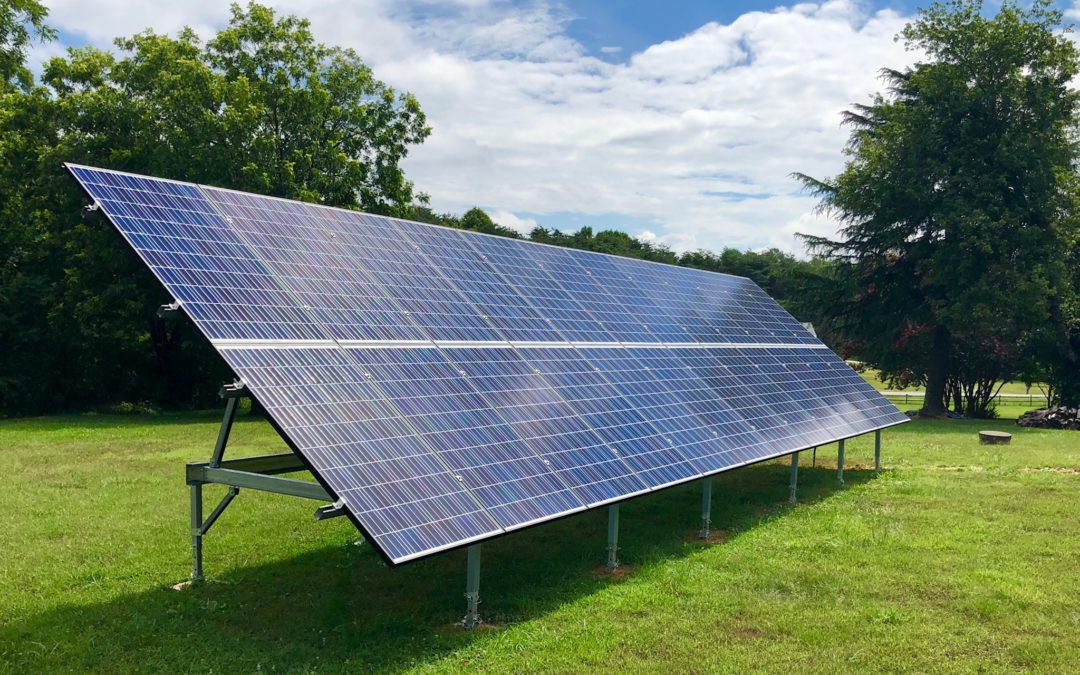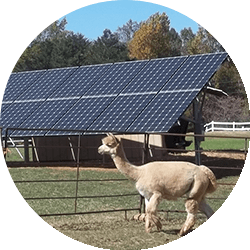
Solar Energy During the Holidays
The Advantages of Solar Energy During the Holiday Season
The leaves are falling, the decorations are being pulled out of the attic, and the department stores are already decked out in their winter wonderland finery. But what’s the best part of the holidays? Going solar! There has never been a better time to convert to solar energy, especially with the increased electricity needs of the season — not to mention the federal tax credit of 26% based on the cost of your system that drops to 22% in 2021. After all, this time of year is all about giving, so why not give yourself the gift of clean energy?
With this time of year comes lots of Christmas lights, kitchens working round the clock, prolonged store hours, and more. All of these additional energy needs tend to turn utility bills into a nightmare, putting quite a bit of a damper on your holiday spirit. That’s where solar panels come in to help.
We’ve already covered all of the great benefits you’ll reap by producing your own energy, but did you know there’s even more advantages of solar energy during the holiday season? In this blog, we’ll take a look at all of the reasons why renewable energy makes sense this time of year, and how you can start your own solar journey!
Why You Should Convert to Solar Energy for the Holidays
You might have asked yourself already, “Is fall/winter really the best time to go solar?” While we may not be getting as much sunlight as we do in the summertime, we’re still using plenty of energy! There are many reasons why converting to solar energy during the holiday season is going to help you save money.
Picture this: you’re preparing for a Thanksgiving meal to feed your entire family, your aunts and uncles are crowded into your guest bedrooms, and the chill that’s set into the air has brought with it the need to crank the heat in your house. Does any of that sound familiar? Because of the increasing amount of energy to accommodate the holiday fanfare, your utility bills are going to be skyrocketing for the next couple of months. That is, unless you have a solar system installed!
Thanks to solar panels, you can easily power all of the appliances being used in your kitchen to cook those large holiday feasts, alleviate your electricity bills that have increased because of the extra people in your household, and help you keep those heating costs down when it gets cold out.
Phew! Thanksgiving is finally over and the relatives have gone home, the kitchen is out of business until further notice, and you’re getting used to the colder weather. Just when you think things are going to settle down: Christmas!
Solar Energy and Christmas Lights
If you’re someone who loves to go all out with the holiday decorations, you should definitely consider going solar. According to the Washington Post, a strand of 25 C9 lights will average about $15.12 added to your electric bill, assuming they run 12 hours a day for about 45 days, since some people put them up before December or leave them up until January! So what, $15.12 doesn’t sound like that big of a deal, right? Remember — that’s only one strand. If you’re looking to really deck the halls, you’re going to be using more than one strand of these lights, and even the smaller bulbs will end up costing you about $3.50 per strand. Either way, the addition of Christmas lights to your home is going to put a dent in your utility bill!
With solar, customers in the Carolinas can expect to save an average of $83.25 per month, greatly alleviating the strain on your electricity bill and reliance on the utility company. With the increased need for electricity this time of year to power all of our favorite things, solar energy during the holiday season is a lifesaver!
The Federal Solar Tax Incentive
Thanks to an initiative by Congress, the 26% federal solar tax incentive has been extended through the end of 2022, giving you two more years to install solar and take advantage of the credit. Previously, it was intended to drop to 22% in 2021, but the push for clean energy in this country gave Congress reason to extend the deadline for the 26% incentive, which is a huge win for both residential and commercial customers who are looking to go solar.
Going Solar with Renu Energy Solutions
Since 2010, Renu has helped over 3,000 residential and commercial properties adopt clean, renewable energy with solar systems. We value our customers and their time, so providing them with the best service possible is at the forefront of our minds.
While the holiday season can be a stressful time of year for some, our team at Renu Energy Solutions can guarantee a smooth transition into solar energy. If you’re ready to convert to solar and begin saving, give us a call or book a free consultation online. Our energy consultants are experts in helping you save money and energy and would be happy to guide you through your solar journey.





